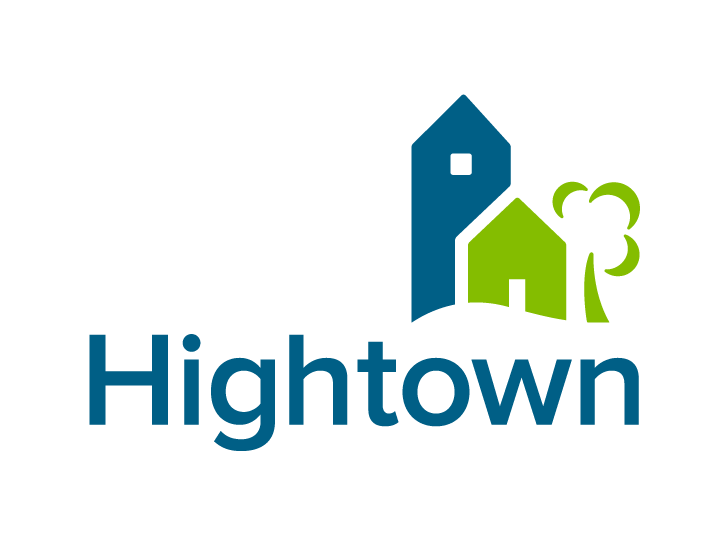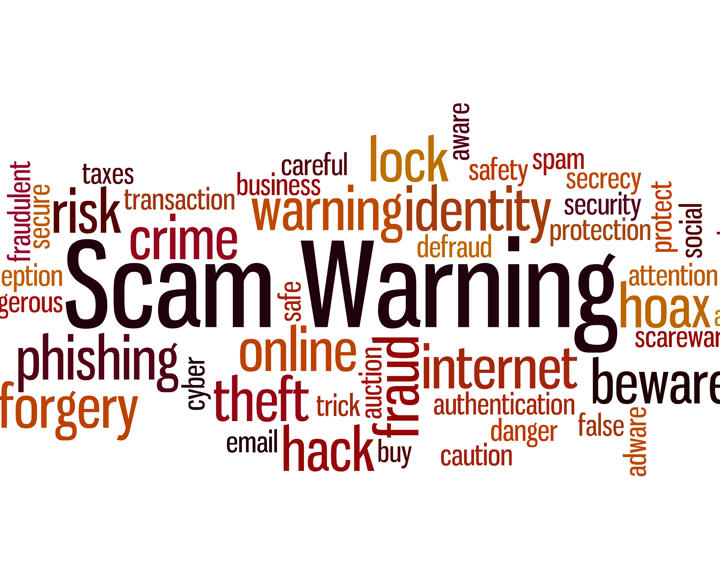Something might be a scam if:
- It seems too good to be true – for example an email saying you have won a competition that you do not remember entering.
- Someone you don’t know contacts you unexpectedly.
- You are being urged to respond, or pay, quickly for something.
- You are being asked to give away personal information i.e. bank details.
You can check for recent scams on The Action Fraud’s website and also sign up for email alerts.
You can protect yourself from scams by:
- Taking your time to make decisions and not being rushed into making a quick decision.
- NEVER give money, or personal details to anyone you do not know or have only met online.
- Paying by debit/credit card as this will give you extra protection if things go wrong.
- Always be suspicious – scammers can be smart.
- They can appear like a trusted business and have a professional relationship.
- Keep online accounts secure, use a strong password.
You can also get more information on how to protect yourself from Citizens advice.
If you think you have been scammed there are 3 steps you need to take:
- Protect yourself from further risks – contact your bank and let them know what has happened.
- Check if you can get your money back – if you have lost money because of a scam, you may be able to get your money back by getting in touch directly with the method you used to pay.
- Report the scam.
Be on the lookout for scammers:
- Traders that knock on your door asking for upfront payments.
- Cold callers or door sellers offering deals.
- False online advertisements.
- Emails, or automated calls pretending to be from an official company.




